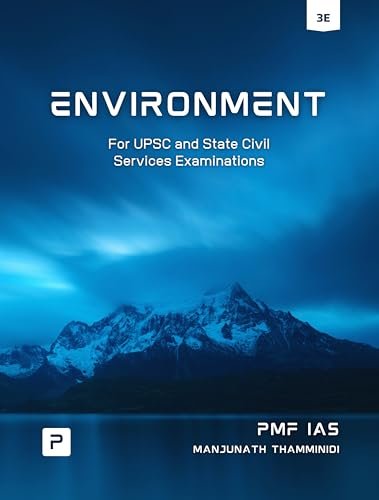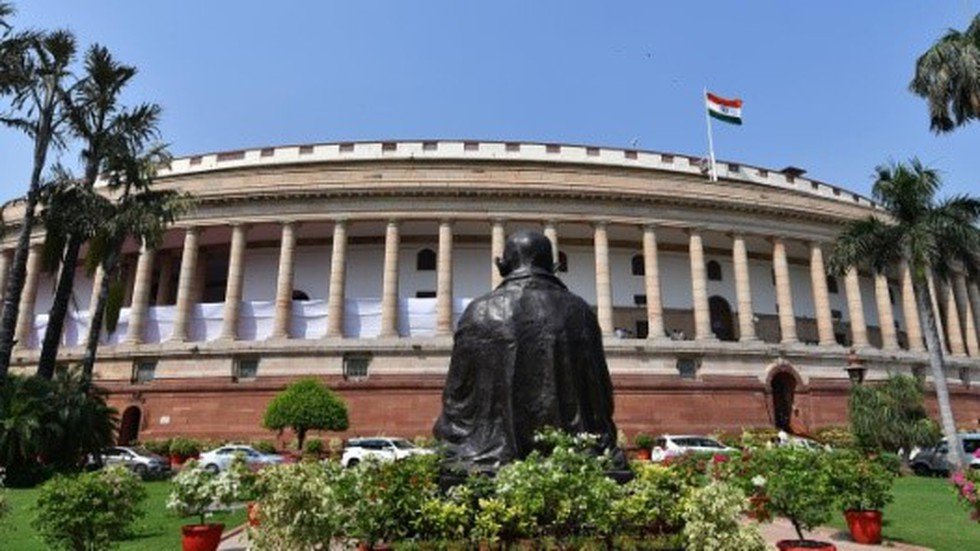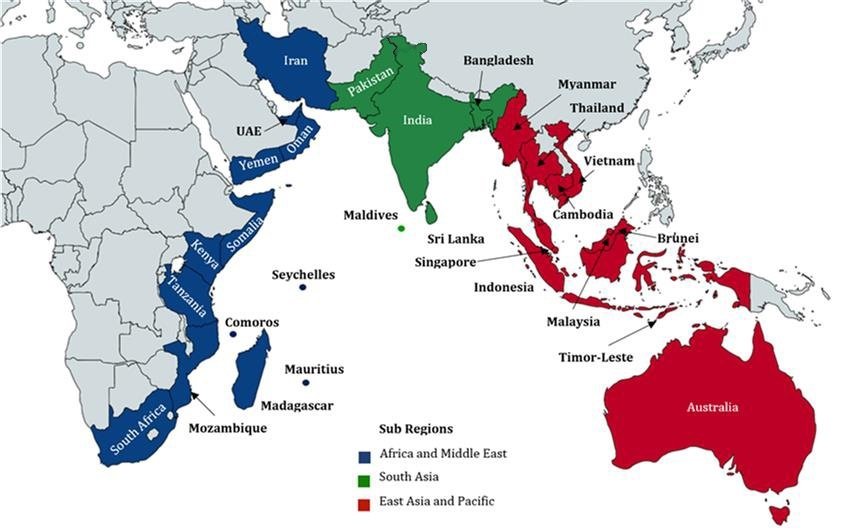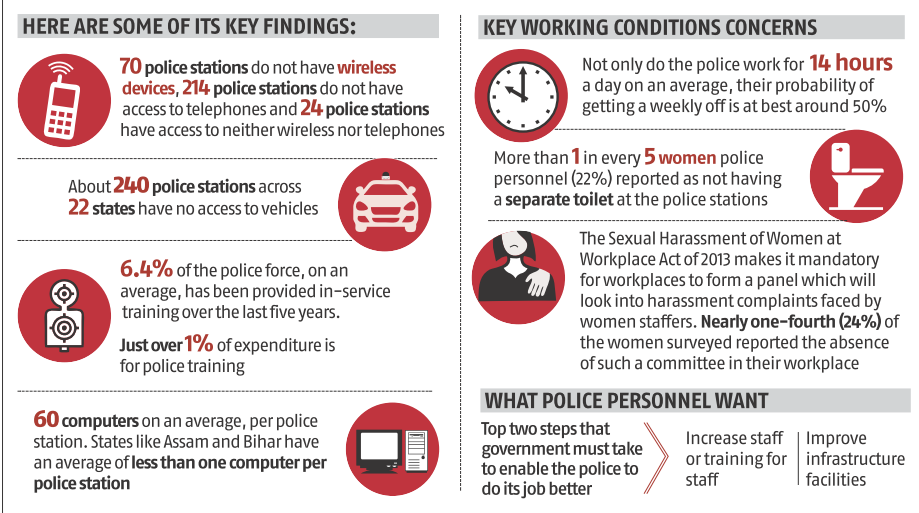
Post Office Act 2023
Subscribers of "Current Affairs" course can Download Daily Current Affairs in PDF/DOC
Subscribe to Never Miss an Important Update! Assured Discounts on New Products!
Must Join PMF IAS Telegram Channel & PMF IAS History Telegram Channel
- Context (TH I TW): The Post Office Act 2023 comes into effect. It repeals the Indian Post Office Act, 1898.
Key Provisions of the Act
Removal of the central government’s exclusive privileges
- As per the old act, the central government has the sole right to send and deliver letters by post.
- The Bill removes this right, opening up the postal sector to greater competition.
- However, the Bill gives the Post Office exclusive right to issue postage stamps.
Central government to prescribe services to be offered
- The Act specifies the services provided by the Post Office to include:
- Delivery of postal articles, including letters, postcards, and parcels
- Money orders.
- The new Bill provides that the central government will prescribe the services of the Post office.
New grounds for intercepting shipments
- The old Act allows for the interception of a shipment being transmitted through the post on grounds of any public emergency or in the interest of public safety or tranquillity.
- Such interceptions may be carried out by the central government, state governments, or any officer specially authorised by them, and shipment can be detained or disposed of by the officer in charge.
- The new Bill instead provides that the interception of a shipment may be carried out on the following grounds (By an officer empowered by the central government through a notification) :
- security of the state,
- friendly relations with foreign states,
- public order, emergency, or public safety, and
- contravention of the provisions of the Bill or any other law.
Removal of the Post Office’s powers to examine shipments
- The Bill removes the powers of examination by the Post office.
- It instead provides that in such cases, the central government may empower an officer of the Post Office to deliver the shipment to the customs authority or any other specified authority.
Director General to make regulations regarding services
- The Act, as well as the Bill, provides for the appointment of the Director General of Postal Services.
- The Director General will have powers to decide the time and manner of delivery of postal services.
- The central government can notify charges for postal services through notifications.
Removal of offences and penalties
- The new bill does not provide for many of the offences and penalties that were in the old Act, except amounts not paid or neglected by a user will be recoverable as arrears of land revenue.
Exemptions from liability
- Both the old Act and the new bill maintain provisions that exempt the government and officers from liability related to the loss, misdelivery, delay, or damage to a postal article.
- The Bill retains these provisions. However, it provides that instead of the central government, the Post office may prescribe the liability regarding its services.







![PMF IAS Environment for UPSC 2022-23 [paperback] PMF IAS [Nov 30, 2021]…](https://pmfias.b-cdn.net/wp-content/uploads/2024/04/pmfiasenvironmentforupsc2022-23paperbackpmfiasnov302021.jpg)











